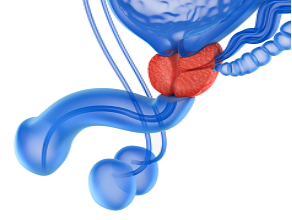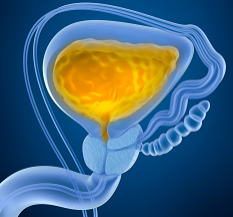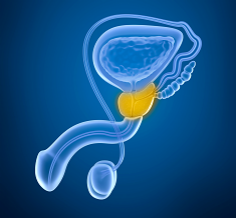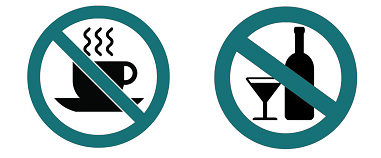
Prostatitis is the inflammation of the prostate gland, a small organ located just below the bladder in men. While it is not life-threatening, prostatitis can cause severe discomfort and impact quality of life if left untreated.
Prostatitis is a common condition, affecting approximately 8% of men, most commonly between the ages of 30 and 50. Symptoms can include pelvic pain, difficulty urinating, and flu-like symptoms in acute cases.
Although prostatitis can feel serious and may sometimes require urgent medical attention, effective treatments are available, including antibiotics, alpha-blockers, and pain management strategies.
Prostatitis is not prostate cancer. Acute prostatitis is usually caused by a bacterial infection or non-bacterial factors, which occur when bacteria in the urinary tract enter the prostate. Some men are more likely to get it with a recent urinary tract infection (UTI).
The urinary tract includes the bladder, kidneys, and tubes that connect the kidneys to the bladder (ureters) and the urethra. It can also be caused by infection in other parts of your genitourinary tract. Antibiotics are used to treat the infection. If they do not eliminate the bacteria, prostatitis may recur or be difficult to treat (chronic bacterial prostatitis).

The most common cause of acute prostatitis is a bacterial infection. Bacteria from the urinary tract—including the bladder, kidneys, ureters, or urethra- can enter the prostate gland, leading to inflammation. This can happen after a UTI or other genitourinary infection.

In non-bacterial prostatitis (also called chronic pelvic pain syndrome), no bacterial infection is found. This may result from urine leaking into prostate tissue, inflammation from other causes, or issues with pelvic muscle tension.
Prostatitis symptoms can occur in anyone who has a prostate. Common signs include:
Diagnosing prostatitis begins with a review of personal and family medical history and a physical exam. This may include checking for urethral discharge, tender lymph nodes, and a swollen scrotum. A digital rectal exam (DRE) is commonly performed to assess the prostate’s size and tenderness.
Further testing may involve:
A thorough evaluation of symptoms, physical findings, and lab tests helps accurately diagnose prostatitis and guide treatment.
Prostatitis is treated based on its type, with antibiotics being the main approach for bacterial forms. Most patients start feeling better within two weeks, although full symptom resolution may take longer.
Each type of prostatitis requires a specific treatment approach, as outlined below:
While not all cases of prostatitis can be prevented, certain lifestyle habits and medical practices can reduce the risk of recurrence or flare-ups.

Staying proactive and following your doctor's guidance can help manage symptoms and prevent future episodes of prostatitis.
If you are experiencing symptoms of prostatitis or have concerns about your prostate health, don’t wait. The experienced urologists at Gleneagles Hospital Penang provide comprehensive diagnosis and personalized treatment plans to help you feel better, faster. Book your consultation today and take the first step toward better urological health.

Wait a minute

Wait a minute